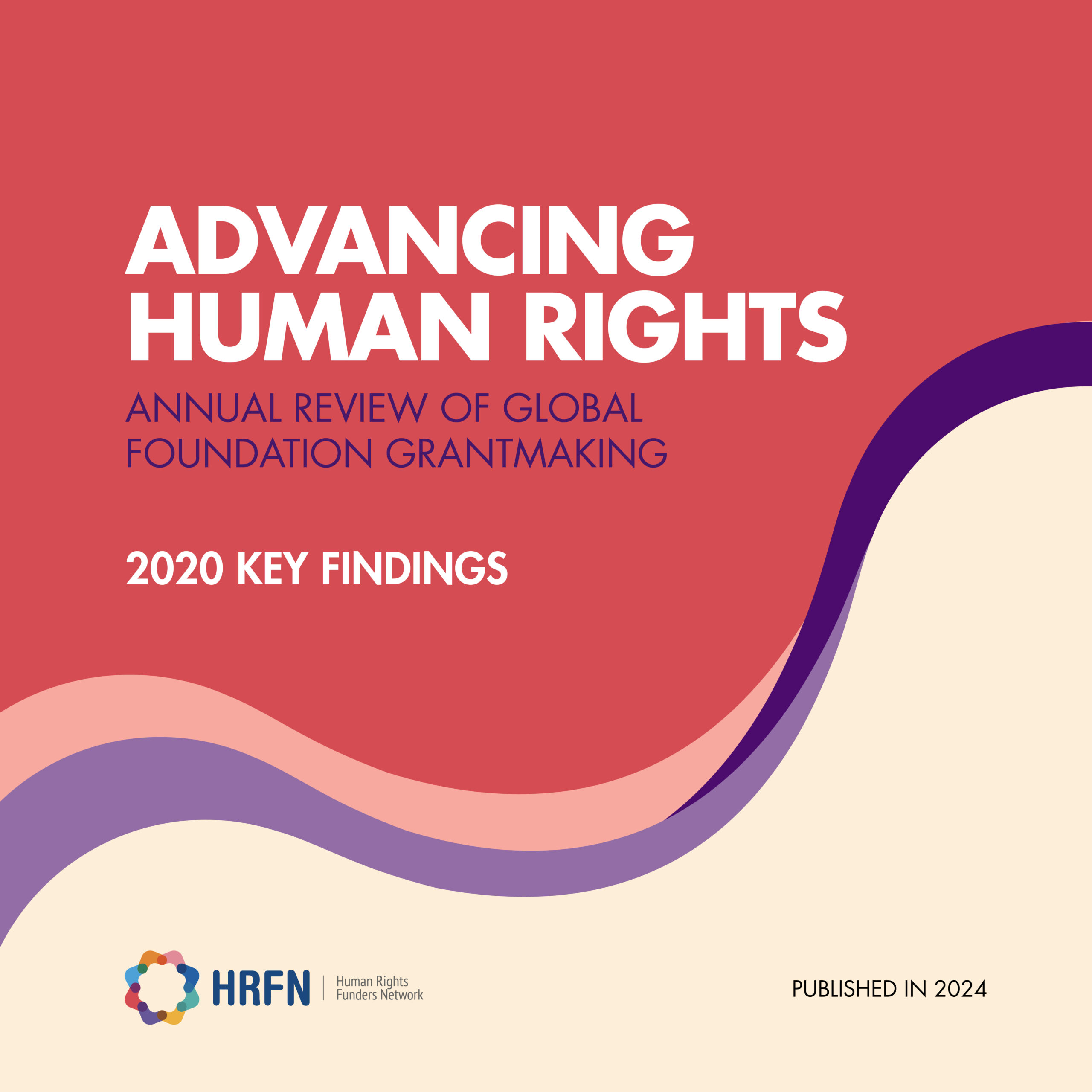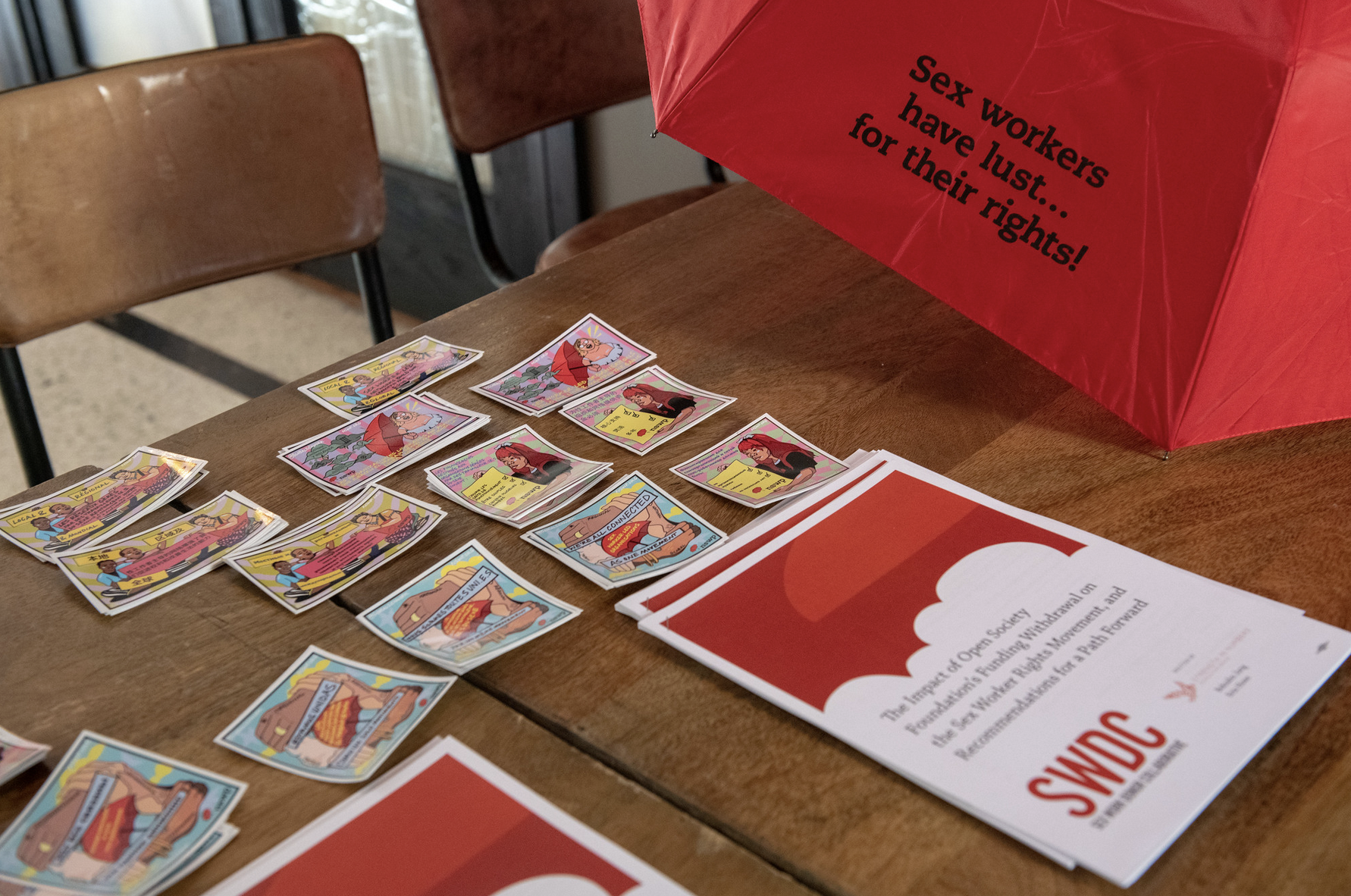A view from London: three questions to answer from the Advancing Human Rights trends data

By David Sampson, Deputy Director of Baring Foundation
The Baring Foundation is based in London, and two-thirds of its funding goes to organizations in the United Kingdom. When we are thinking about human rights, our focus can often be local: how do we engage with the politics of Brexit to ensure a robust human rights framework? What is the future of the Human Rights Act? How do the different human rights settlements in the four countries of the UK affect the work of our partners?
The Advancing Human Rights initiative is a welcome reminder that we have colleagues all over the world doing similar work. We know that what works in Buenos Aires may not work in Liverpool, but we can all learn from each other’s successes and challenges. Advancing Human Rights is a unique platform for understanding our combined decisions on strategy and funding flows; the release of new data always gives us pause to reflect on our work and our community of practice.
The latest findings provided some surprising results and lots of food for thought. Here are my top three for Western Europe:
1. Why does Western Europe put so few grant dollars into litigation and legal aid?
Western Europe is the third largest recipient of grant dollars in total, but received just under 4% of grant dollars spent on litigation and legal aid from 2011 through 2015. Only the Caribbean received fewer grant dollars for this strategy in 2015. Not only has funding dropped from previous years, but it comes at a time – in the UK at least – where state funding for legal aid has changed dramatically and access to justice is a key barrier for those facing disadvantage.
The Baring Foundation views use of the law as a key tool to achieve social change. We know that this strategy is used less in the UK than in jurisdictions like the US, and we support civil society organizations to understand when and how legal avenues can support their work to effect systemic change. For example, we support Inclusion London to champion the rights of disabled people through legal action and to lead the Deaf and Disabled People’s Legal Network. This data reminds us that we must also continue to work with our colleagues to make the case for resourcing legal action.
2. How do we meet the scale of the refugee and migration crisis?
At a time of unprecedented challenges for migrants and refugees arriving in Europe, fewer grant dollars were spent in Western Europe in 2015 than 2014, although funding in this area had been growing up until 2014. More than a million migrants entered Europe by sea in 2015, with 1,321,560 asylum claims by the end of the year. I would expect total grant dollars to rise significantly in the 2016 data, but it does raise questions about the speed at which human rights funders can respond to crises of this kind.
As a national funder, the Baring Foundation also faces the question of how we engage with issues that originate beyond our borders. Refugees and asylum seekers face acute challenges in the UK, including aggressive government policy, funding cuts, and media hostility. We can and should address these challenges, and we hold a range of grants focused on refugees and asylum seekers, including Maternity Action, which supports vulnerable migrant women during pregnancy and early childhood. However, the root causes of the crisis can only be addressed if we organize at an international level, too. Numerous funders and the Ariadne network have worked hard to ensure we keep this balance in mind.
3. Why are the top 25 grantmakers in Western Europe predominantly Anglophone?
We know that significant foundations are based throughout Western Europe. Why are they not here? Do they simply not fund in this area? Or (I suspect more realistically) do they categorize their work in ways less amenable to inclusion in this human rights data set? Ariadne has done great work in developing the network of European funders for social change and human rights, with an ever-clearer understanding of our shared agenda from local to global levels. I’m excited to work with the Advancing Human Rights research to ensure its data increasingly reflects the composition of the field.
As the data for Western Europe becomes deeper and richer in 2016 and beyond, I hope we will learn more about what is being funded by continental European donors. For me, these hard numbers are often the first and most important step in breaking the language barrier and moving towards a stronger community of practice.
—
The Baring Foundation’s Strengthening the Voluntary Sector publishes a regular e-newsletter on the use of the law and human rights for social change. The January 2018 edition is available here.



